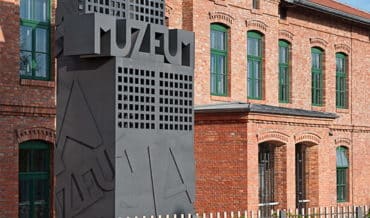It was organized by students of Jagiellonian University at the beginning of November 1918. It was a volunteer military unit which purpose was to protect life, health and property of citizens of Krakow. As Dr Stanisław Mayer was writing in his column in “Gazeta Krakowska”(Krakow Newspaper) “the city was vulnerable to looting and trouble because of thousands of soldiers of foreign countries coming back from front and wondering around the city, they were armed and were breaking stores”. The University council made a decision to pause the studies and create the battalion, which was divided into three units and part of students were also sent to work in the armoured train. Dr Stanisław Mayer was writing, that students were risking their lifes patrolling the city at day and night, disarming deserters and liquidating the results of the crimes made by civilians.
Suggested
Suggested contents and articles.
Suggested Contents
Contents1 Key Facts2 Early Life and Socialist Activism3 The Krakow Years (1901-1914)3.1 Arrival and Early Activities3.2 Underground Network and Meeting Places3.3 Residences Throughout the City4 Military Leadership and World War I4.1 Formation of the Polish Legions4.2 Strategic Vision and Political Complications5 Head of State and Nation Builder5.1 Leading Independent Poland5.2
- Knowledge Base, People
- January 28, 2021
This army was created in 1939 as a response to the growing threat of German aggression. Its task was to protect Silesia and Western Małopolska region. It was leaded by general Antoni Szylling. Poland was attacked by German army on the 1st of September 1939, and already on the 2nd
- Knowledge Base
- January 15, 2021
The Home Army Museum in Krakow was established in 2000 to commemorate one of the most important organizations in the Polish history. It is the only institution in Poland that promotes knowledge about the Polish Underground State and its armed forces. The Museum bears the name of August Emil Fieldorf “Nil”,
- Museums
- November 23, 2016
Comments
All comments.
Comments
